Indo German Business Culture – a field report by Abhinav Barnval

Even though I had been to Europe quite a few times during my stint as a Merchant Navy Officer, the decision to come to Germany wasn’t easy as it happened at a crucial time when I was planning a major career change and wasn’t sure if I would be able to fit in to the German culture, from both professional and social standpoint. This dilemma basically originated from the preconceived image which Germany has outside when it comes to social and business culture; but in hindsight I must say that not all those notions were right and I have learnt a great deal post my decision.
In last 5 years, I have been lucky enough to be exposed to multitudinous cultures within the companies I directly or indirectly worked for – American, corporate German, mid-size (MIttelstand) German or German business culture transitioning towards American one. This has not only bestowed me with a sense of global understanding when it comes to cultural differences at work place but has also shaped my ability to work with peers with different backgrounds. Although stereotyping a business culture is mostly not right as it really depends a lot on company culture, mix of people, location etc., but based on my professional experience till date, I will list a few notable differences between India and Germany.
Leadership & motivation
Leadership style in Germany is more dominant-warm or collaborative and easy going than Dominant-hostile or autocratic as we have in India. There is less micro management & more independence which stems out of high level of trust and makes the working environment much more relaxed. Indian work culture is much closer to American one when it comes to performance incentives – based on perks, promotions, competition, coercing etc, but in Germany, especially in MIttelstand, there is also a sense of belonging to the companies which adds onto the motivation.
Meeting deadlines
It’s a myth that deadlines are always met in German companies because of excellent efficiency – the reality, however, is that the deadlines are mostly set up very realistically. This also comes from the fact that it’s considered ok to say “No” to your superiors because you don’t see the possibility of completing a job in a given timeframe, whereas in India people say yes even to some impossible deadlines and later falter. Delays are still however an integral part of projects in Germany as much as anywhere else in the world.
Planning & Processes
In Germany, more emphasis is given on planning rather than execution which results into an efficient and robust process but with less agility. Whereas in India managers tend to move to execution part early and are open to improvisations, in between, to achieve results. This also relates to the inherent fact that Germans tend to be less flexible than Indians, especially in situations when things don’t go as planned.
“I/me/you” vs. “We/Us’’ culture
In German companies, people don’t generally hide information or take credit for someone else’s work for personal benefits and don’t usually finger point someone as an escape goat, unless we are talking about big MNC’s. In India, however the competitive landscape that has been created inside the companies drives individual behavior in the opposite direction. The collaborative work culture works much better in Germany than in India where the flow of communication isn’t as fluid as in Germany. Upper management level is much more open and closer to the lower management level.
Work life balance
This is one point in my opinion where Germany (and most European countries) wins hands down over India. Much emphasis is given to personal life as well and it’s a very common sight to see people leaving the office after 5 pm on workdays or even after 3 pm on Fridays. The “I can’t leave before my boss” culture is almost nonexistent here and emphasis is given on finishing your job within stipulated working hours rather than spending long hours in office.
Structures
German Companies tend to have very flat hierarchies and an employee, even though good at his/her work, can spend years in the same position. However in India It’s common to find creative positions with fancy titles being created to satisfy personal egos as success is mostly associated to job titles, education level, and salaries. These aspects take a back seat in Germany because the idea and acceptance of socialism is stronger over capitalism.
Hard working?
Germans are usually perceived to be hard workers as compared to Indians. It’s not completely true. The reality however is that Germans are more efficient at work because of the focused and diligent approach during work hours. Coffee or smoking breaks exists but are not abused. There is generally no ‘’dangling around the colleague’s desk’’ unless it’s for work related discussions.
Before I conclude, I must say that the first and foremost thing which is important to integrate into new culture is to adapt and be open to new ideas and notions which might be very different or sometimes even opposite to yours. My first advice to an Indian (or any immigrant in Germany) going for initial job interview or to a job is – make your team feel like you are one person with whom they would feel comfortable and gladly have a coffee by the coffee machine with some nice & clear conversation and probably some gossips as well (Yes, office gossips and politics exist in Germany as well, though probably not at the same level as in India!) , and rest all will fall into place if you are a fit and deserve the job.
Author: Abhinav Barnwal
Picture: pixabay
Episode 24: The Wisdom Workshop about „Wuwei – Flow” Interview with Andreas Andy Artmann (German)
The term Wu wei, also Wuwei, comes from Daoism. It is defined as non-action in the sense of acting in accordance with nature. Wu Wei does not mean that one does not act at all, but that the actions arise spontaneously in accordance with the Dao. Thus the necessary is done easily and effortlessly and overzealousness as well as blind actionism (which is considered as obstructive) is avoided. It is a state of inner silence that allows the right action to emerge at the right time without any effort of the will. “Wu-Wei essentially means to orient actions to the nature of one’s own individuality rather than to the purely cognitive, benefit-oriented will.
Enjoy listening to or watching the video. Andreas’ refreshing and light manner is fun.
Episode 23: The Wisdom Workshop “Complexity Management” Interview with Gitta Peyn
We have to deal with complexity every day. Especially in global, complex events, such as the climate crisis. How are things connected?
Gitta Peyn has created FORMWELT, which is a coding language for language and meaning. It is a linguistic system based on injunction to acquire definition. Together with her husband Ralf, Gitta developed this coding language.
Episode 22: The Wisdom Workshop 2. Interview with Wulf M. Weinreich “Tibetan book of death, evolution, epigentic, economics and politics” (German)
IIn the first interview with Wulf Mirko Weinreich, we talked about the integral model and how it is possible, to unite economics, politics and spirituality with each other in this model. The base of this episode is the Tibetan Book of the Dead, which Wulf Mirko has simplified and made it compatible for the western world in German and English (NOT translated). “The integral Book of the Dead” supports dying people in being accompanied into the different “Bardos”. If it is so that all people die the same way, and if manifest, subtle & causal are universal categories, so that every person goes through them, then it must be possible to describe it to everybody, without having studied religion or Buddhism per se.
Why is it important for Julia and me to deal with death? The way people deal with crises makes it clear that we, especially in the western world, are afraid of death. The naturalness that death actually brings with it (everything that lives will die) has been lost and actions, especially in business and politics, are based on “life support at any cost”. The causes that lead to actual suffering are hardly considered at all. Symptoms are treated. The detachment from the subtle and causal gives rise to fear. The connection to them creates trust.
Have fun listening. It makes sense to watch the first interview with Wulf Mirko, because this interview is based on it.
Episode 21: The Wisdom Workshop “Grief Counseling” Interview with Marketing Manager Petra Sutor (German)
Petra Sutor is a marketing manager at an auditing and tax consulting firm.
As a grief counselor, she accompanies bereaved people who have lost relatives and colleagues. She is
a systemic coach and a successful author.
With her we talk about the topic of death, how she was able to, together with a colleague, establish a
contact point for bereaved people and to change death in this environment from a taboo subject to a
an accepted topic. It is a very versatile conversation, where amongst others, intercultural aspects,
as well as western and eastern manners play a role.
Look or listen to this very interesting and touching episode.
Episode 20: The Wisdom Workshop “An integral view on Corona, Leadership in Economics & Politics” Interview with Wulf-Mirko Weinreich (German)
Immerse yourself in the integral world. In this episode Wulf Mirko Weinreich explains the integral model after Ken Wilber in terms of spirituality and psychology. How to explain how business and politics deal with corona with this model? We also take a look at leadership in these two areas and come to some interesting conclusions.
This time it’s worth watching the video, because some slides are shown for explanation.

